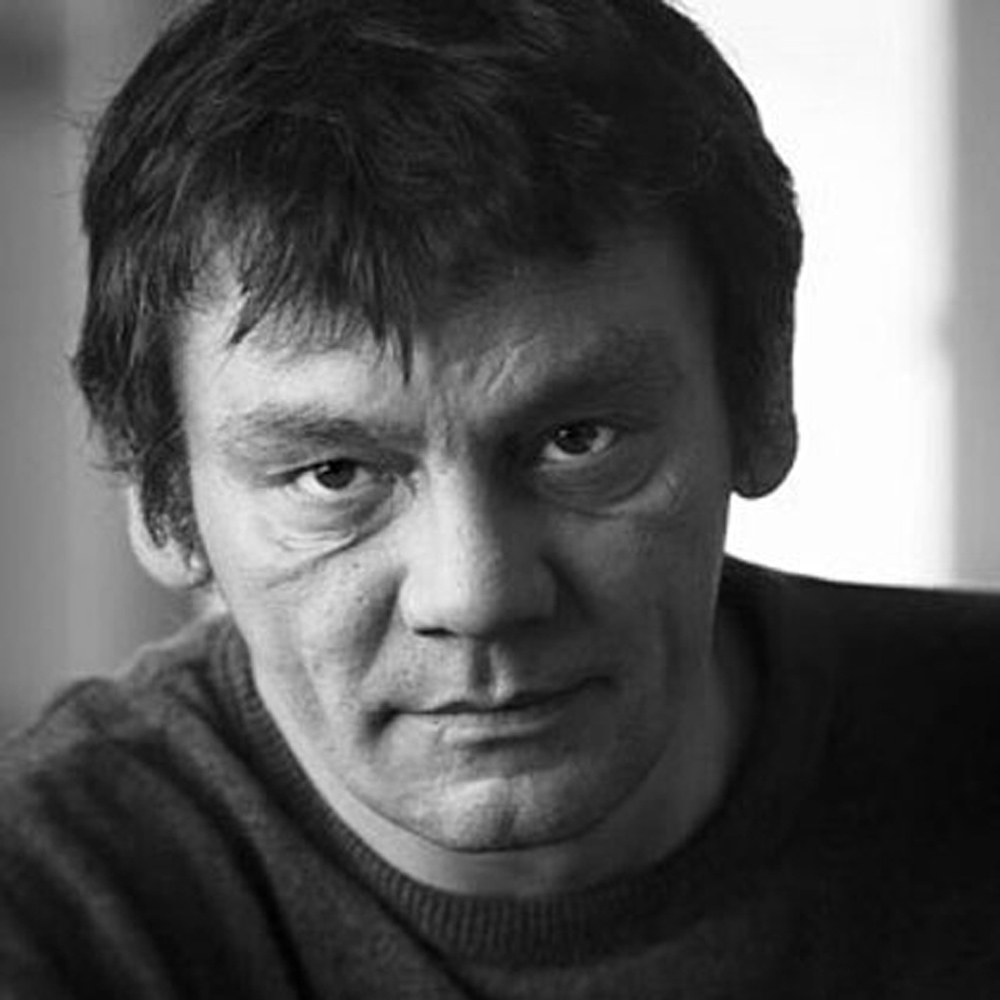
Fabrice Gigy
Born in 1965 in Geneva, Switzerland.
Lives and works in Geneva.
Fabrice Gygi is one of the most important Swiss artists of his
generation. Coming from the ultra-radical movement of Geneva
squats, both his life and work are pervaded by a general rejection
of the social order. He became known through performances in
which he explores his body’s limits. Trained in engraving by the
Geneva center for contemporary engraving and then at the école
des Beaux-Arts, he began a major production of engravings and
linocuts. From the 90s, gradually evolving from a discourse linked
to the intimate sphere to a discourse involving society as a whole,
he developed an ensemble of installations and sculptures
carrying in them a potential of constraint and control over
individuals. Within a minimalist formal vocabulary borrowed to
urban infrastructure, as well as common and nomadic objects, he
distorts from their primary functions, thus manifesting an
ambiguity as a source of tension. He leads us to the thought of
civil obedience and raises questions about our Western ideal of
freedom.
From the early 2010s, Fabrice Gygi initiates a rupture in his work
by abandoning the creation of installations. Though the
production of jewelry, then of sculptures and bas-reliefs with
geometrical elementary forms, he focuses on the search for
abstract and pure lines. At the same time, he began to work on
large format watercolors. With a perfectly geometric composition,
these watercolors on paper offer a limited chromatic range and
once again reveal a tension between the material and the control
and rigor of its use.
In 2009, he was invited to represent Switzerland at the
53
rd
International Art Biennial in Venice.
Fabrice Gygi’s works were acquired by numerous collections
including the MAMCO, Geneva; Mudac, Lausanne; Migros
Museum, Zurich; M KHA, Antwerp; Magasin 3, Stockholm; Musée
National d’Art Moderne, Centre Georges Pompidou, Paris; FRAC
Ile de France — Le Plateau, Paris; FRAC Normandie — Rouen
and the Centre national des arts plastiques.
